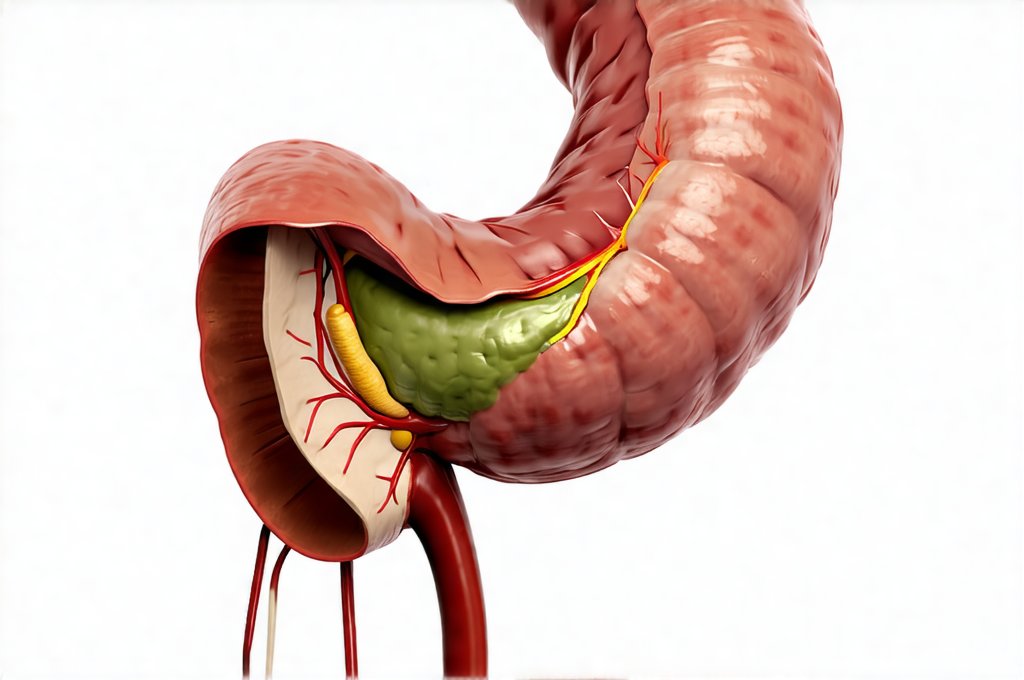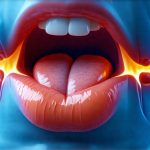Gastroesophageal reflux disease (GERD) is an incredibly common condition, affecting millions worldwide. Most people experience occasional heartburn – that burning sensation in the chest after a large meal – and manage it with over-the-counter remedies. However, when frequent acid reflux begins to disrupt daily life or manifests beyond typical discomfort, it’s crucial to recognize that something more serious might be unfolding. Ignoring persistent GERD symptoms isn’t just about enduring unpleasantness; it can lead to complications ranging from chronic esophagitis to a significantly increased risk of certain cancers. Understanding the subtle but critical warning signs is key to proactive health management and seeking appropriate medical attention.
The body’s natural defenses against stomach acid are often sufficient, preventing reflux into the esophagus. However, factors like dietary choices, lifestyle habits (smoking, obesity), hiatal hernias, or even specific medications can weaken these barriers. This weakening allows stomach acid to frequently flow back up, irritating the esophageal lining and causing a range of symptoms. While occasional heartburn is normal, chronic or unusual symptoms are what differentiate typical reflux from GERD requiring medical evaluation. It’s important to remember that symptom presentation varies greatly between individuals – what one person experiences as mild discomfort, another may find debilitating.
Recognizing Beyond Heartburn: Atypical GERD Symptoms
Heartburn and acid regurgitation are the classic hallmarks of GERD, but the disease often presents in more subtle and misleading ways. Many people don’t associate their symptoms with digestive issues at all, leading to delays in diagnosis. This is particularly concerning because prolonged, untreated GERD can cause significant damage over time. Atypical symptoms can include chronic cough, hoarseness, difficulty swallowing (dysphagia), or even asthma-like wheezing. These seemingly unrelated conditions might actually be triggered by stomach acid irritating the airways or esophagus.
The connection between GERD and respiratory problems is often overlooked. When acid refluxes into the esophagus, it can travel further up into the throat and lungs, causing inflammation and irritation. This leads to a chronic cough, especially at night, as lying down increases the risk of reflux. Hoarseness occurs because acid irritates the vocal cords. Similarly, GERD can exacerbate asthma symptoms or even trigger asthma in some individuals. Recognizing these connections is crucial for accurate diagnosis and treatment.
Furthermore, dental erosion is increasingly recognized as a symptom linked to GERD. Stomach acid is highly corrosive, and repeated exposure to acidic reflux can erode tooth enamel, leading to sensitivity, cavities, and changes in the appearance of teeth. If you notice unexplained dental problems alongside other potential GERD symptoms, it’s important to discuss this with both your dentist and your doctor. Ignoring these subtle signs allows damage to continue, potentially requiring extensive (and costly) dental work.
When Swallowing Becomes a Struggle: Dysphagia and Odynophagia
Difficulty swallowing – known as dysphagia – is a serious symptom that should never be ignored, particularly when associated with GERD. It’s not simply about food getting “stuck”; it can involve a sensation of obstruction, choking, or the need to consciously work harder to swallow. This could indicate esophagitis (inflammation of the esophagus) caused by chronic acid exposure, or in more severe cases, esophageal strictures—narrowing of the esophagus that makes swallowing difficult. Strictures often develop as a result of long-standing inflammation and scarring.
Odynophagia, which refers to painful swallowing, frequently accompanies dysphagia. The pain can range from mild discomfort to intense burning, making eating an unpleasant experience. Both conditions significantly impact quality of life and suggest substantial esophageal damage. Prompt medical evaluation is essential to determine the underlying cause and prevent further complications. Diagnostic tests such as endoscopy (a procedure where a thin, flexible tube with a camera is inserted into the esophagus) can help identify inflammation, strictures, or other abnormalities. Can gut symptoms may have similar presentations and should be evaluated.
Addressing dysphagia and odynophagia often requires more than just acid-reducing medications. Lifestyle modifications like elevating the head of the bed during sleep, avoiding trigger foods, and losing weight if overweight can all contribute to symptom relief. In some cases, interventions like esophageal dilation (widening a narrowed esophagus) may be necessary to restore normal swallowing function. How to coexist with chronic conditions can also be helpful during this time.
Chest Pain: Differentiating GERD from Cardiac Concerns
Chest pain is arguably one of the most concerning symptoms associated with GERD, but it’s also frequently mistaken for heart-related problems. While GERD chest pain is different from angina (chest pain caused by reduced blood flow to the heart), distinguishing between the two can be challenging without medical evaluation. GERD-related chest pain is often described as burning or squeezing and may worsen after eating, bending over, or lying down. It doesn’t typically radiate to the arm, jaw, or shoulder like cardiac chest pain.
The key difference lies in the nature of the pain and accompanying symptoms. Angina is usually brought on by exertion and relieved by rest or nitroglycerin, whereas GERD chest pain is often triggered by food or position changes. However, relying solely on these distinctions can be dangerous. If you experience new-onset chest pain, especially if it’s severe or accompanied by shortness of breath, sweating, dizziness, or arm/jaw pain, seek immediate medical attention. Don’t assume it’s “just heartburn.” Can gut symptoms can sometimes mimic cardiac concerns, so professional evaluation is key.
Proper diagnosis is crucial to avoid misdiagnosis and ensure appropriate treatment. Your doctor may order tests such as an electrocardiogram (ECG) to rule out heart problems before investigating GERD as the cause of chest pain. It’s important to be honest and detailed when describing your symptoms to help guide the diagnostic process. Can mild food sensitivities sometimes exacerbate these conditions, so it’s worth considering dietary factors.
Chronic Sore Throat and Laryngitis: The Silent Reflux Connection
Many people with GERD experience a persistent sore throat or chronic laryngitis (inflammation of the voice box) without realizing it’s related to their digestive system. This “silent reflux” – also known as Laryngopharyngeal Reflux (LPR) – often lacks the typical heartburn symptoms, making it difficult to diagnose. The acid travels higher up into the throat and larynx, causing irritation and inflammation.
Symptoms of silent reflux can include a chronic cough, frequent throat clearing, a sensation of a lump in the throat (globus sensation), hoarseness, or postnasal drip. These symptoms are often mistaken for allergies or other respiratory conditions. Unlike typical GERD, patients with LPR may not experience much heartburn, leading to delayed diagnosis and treatment.
Diagnosing silent reflux can be challenging because standard acid reflux tests don’t always accurately detect the problem. Doctors may use impedance testing, which measures the backflow of fluids into the esophagus and larynx, or laryngeal endoscopy to visualize inflammation in the throat. Treatment for LPR often involves lifestyle modifications, dietary changes, and medications to reduce stomach acid production. Recognizing gallbladder symptoms is also important since they can present similarly. Additionally, if you suspect something deeper is going on, it’s best to see if can gut symptoms be a warning sign?.
It’s crucial to remember that this information is intended for general knowledge and informational purposes only, and does not constitute medical advice. It is essential to consult with a qualified healthcare professional for any health concerns or before making any decisions related to your health or treatment. Can gut symptoms can also be seasonal, so keep that in mind when tracking symptoms.


















